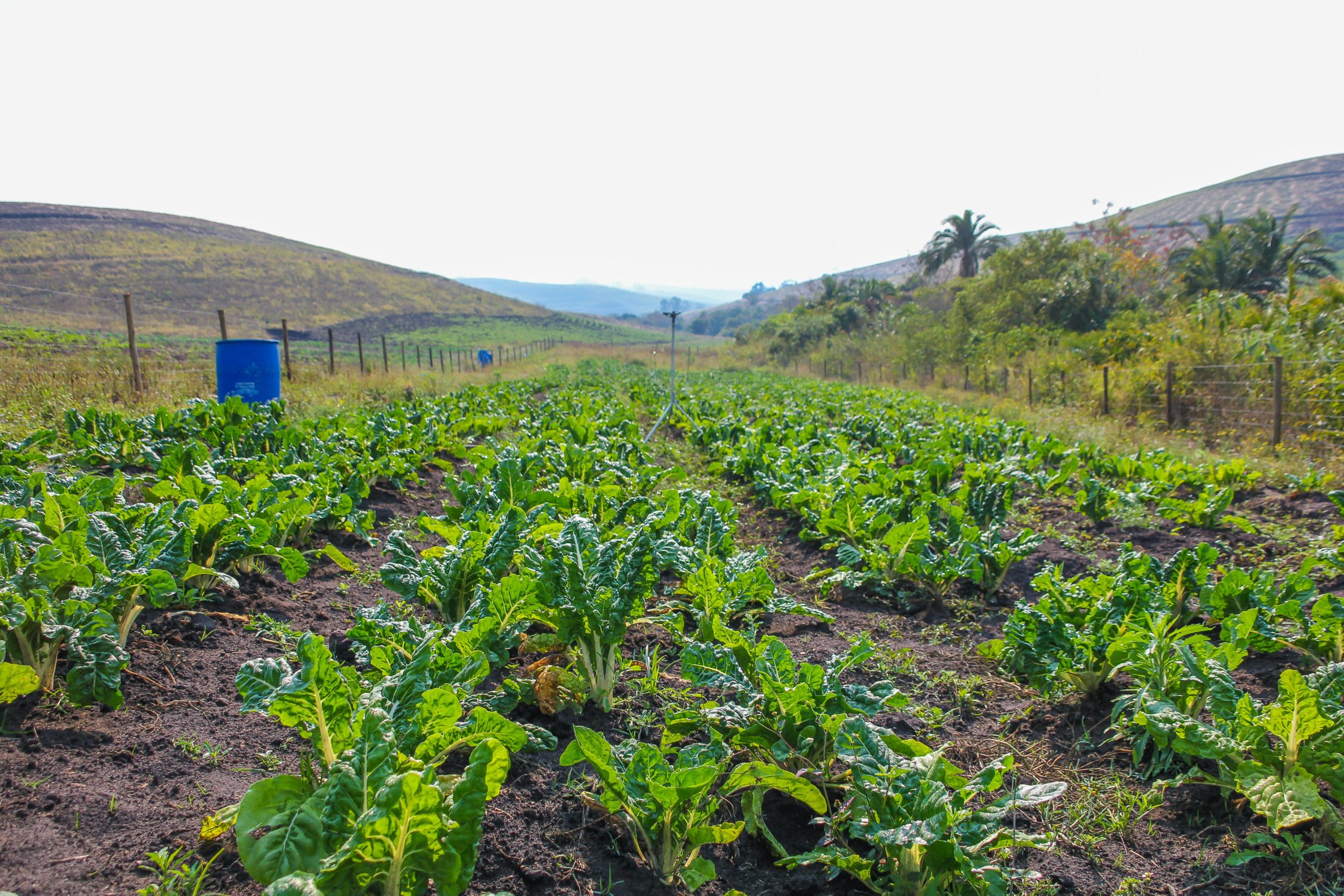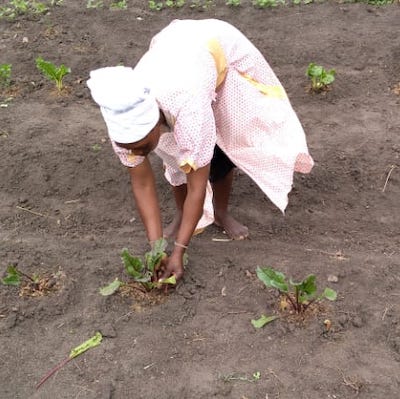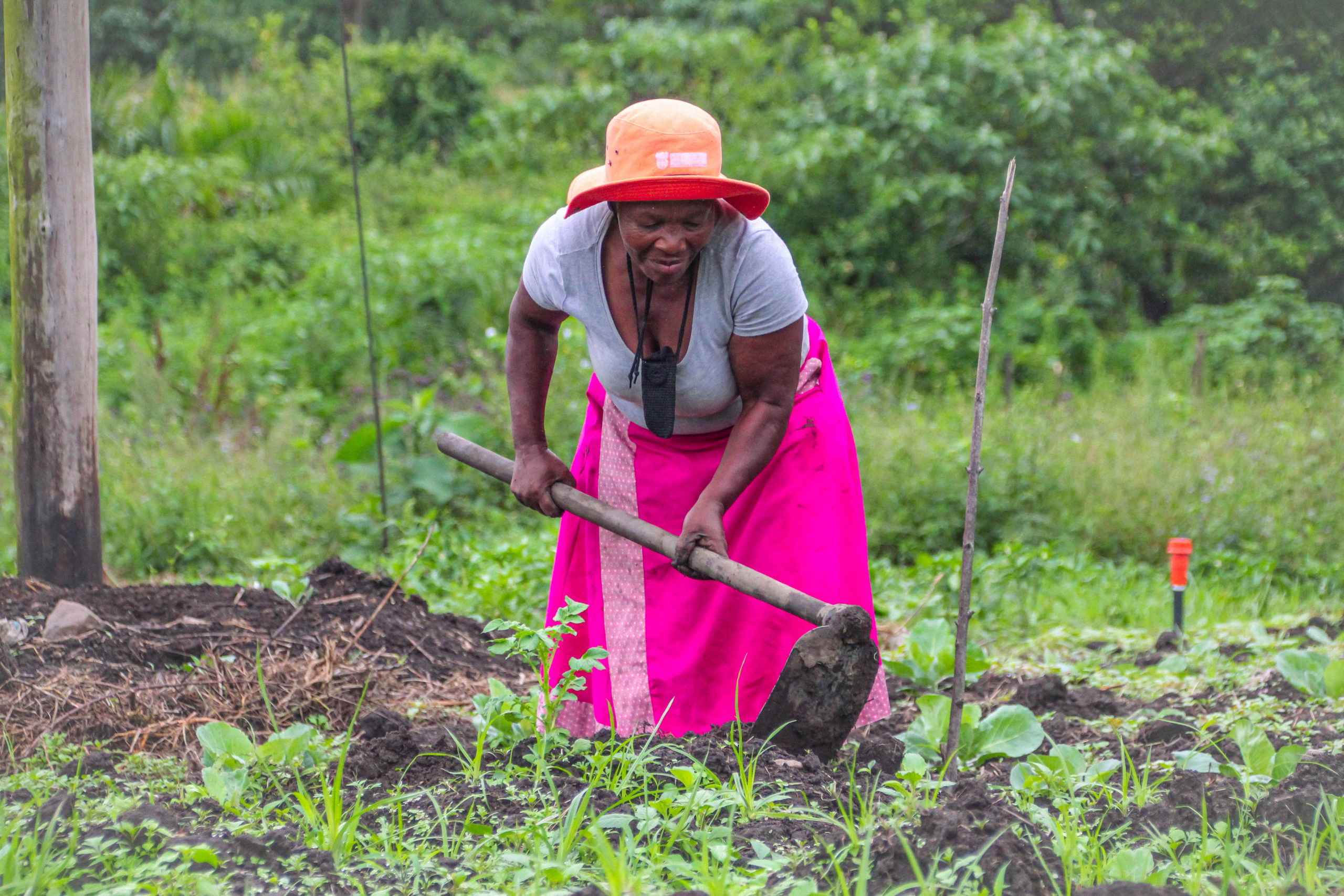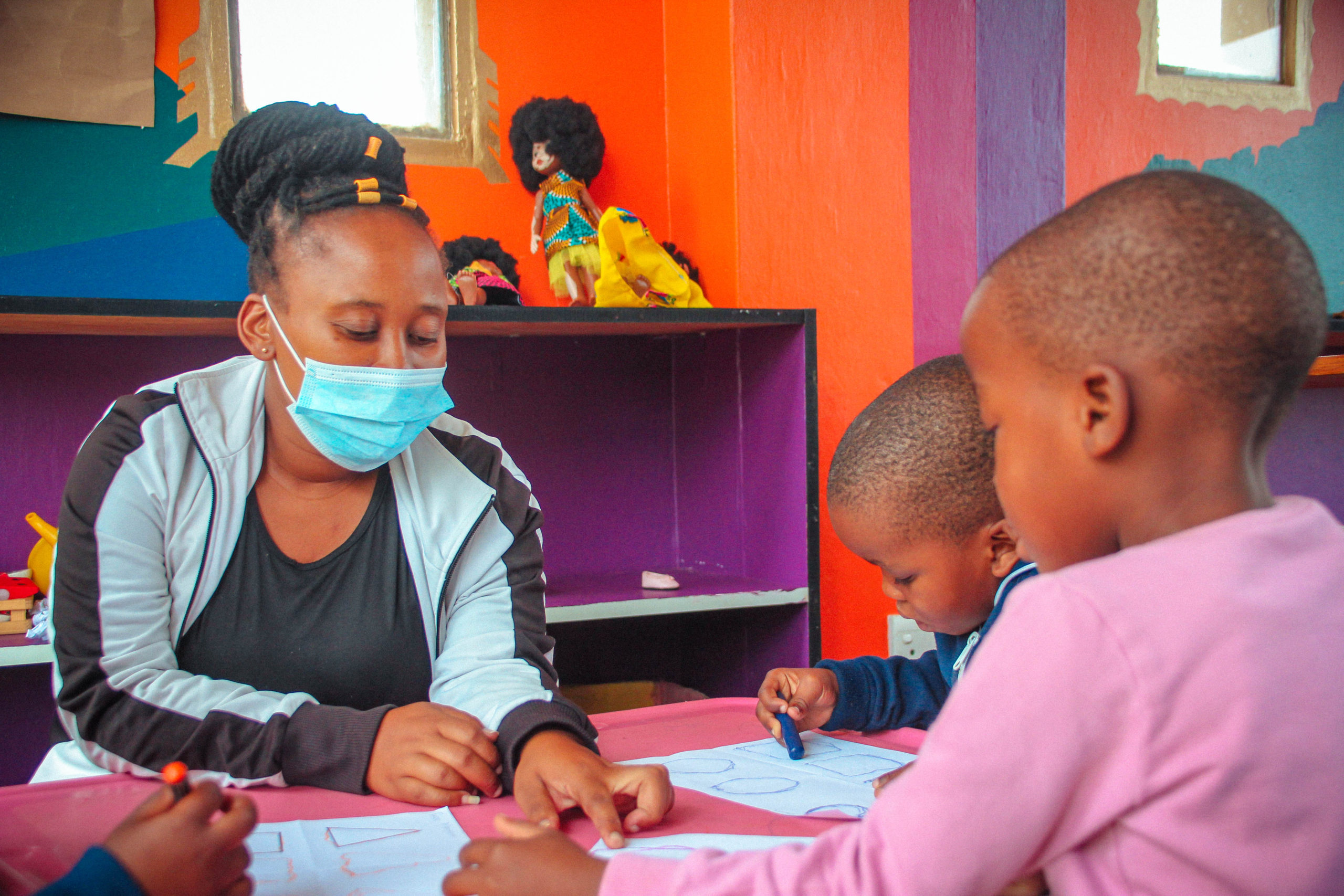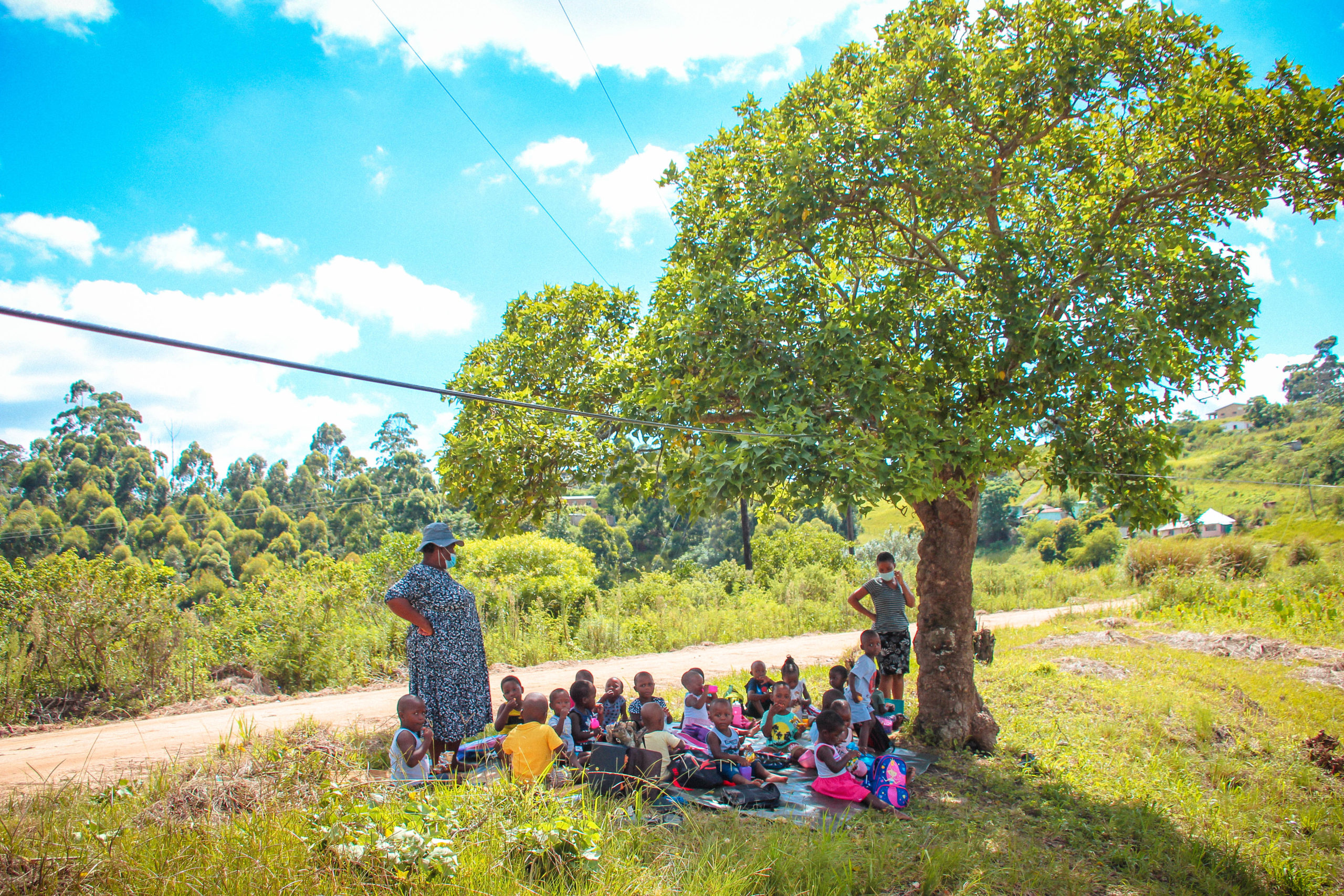Organic farming uses a range of techniques that support ecosystems, limit pollution and boost nutrition quality. Techniques like crop rotation, natural composting and organic pest control are said to result in up to four times more nutrition than traditional methods. It also increases the sustainability of farms as the farm plots remain fertile for a much longer period of time.
With populations soaring and a lack of adequate employment across the globe, and especially in South Africa where unemployment is at 32.6%, food insecurity has been a serious threat for many years. Consequently, 1 in 4 children in South Africa suffer from stunting due to malnutrition.
The emergence of Thanda’s Organic Farming Initiative sprung out of this challenge. Children in our Education Initiative Programmes were visibly malnourished and suffered from stunting as well as developmental delays.
The Nisela Organic Farming Programme began as a way to ensure that these children would be able to receive the nutrition needed to allow for their optimal development… but it has grown into so much more than that.
Farming presents an opportunity for individuals living in economically depressed communities to improve household nutrition and begin generating an income. Beyond those obvious benefits it also helps to shift the mindset of those participating. It gives farmers a sense of empowerment and decreases their dependence on social grants. It instils a sense of responsibility and strong work ethic among younger generations as children come home from school to see the adults working to produce food for the table. For many households, it is a pathway out of poverty. (contd…)
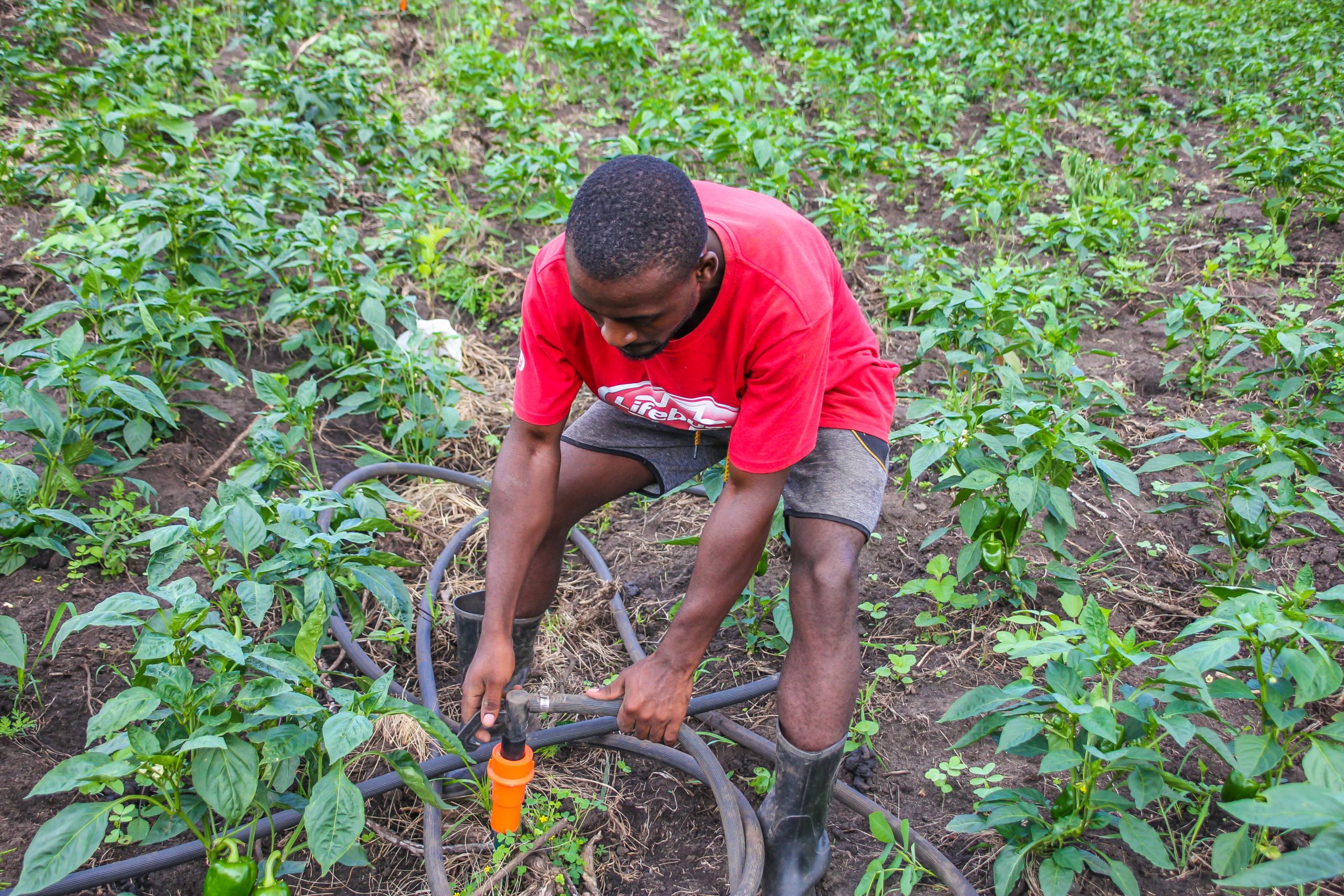
The Programme is now a thriving branch of Thanda in its own right and we’ve seen crop yields surpass expectation year on year.
The real, practical benefits of this were made abundantly clear in 2020 with the arrival of COVID-19. Farmer after farmer (most of whom are older women, grandmothers and matriarchs of their families) told us stories describing that, if it hadn’t been for their farms, they would not have been able to put food on the table because their children and neighbours were slowly losing their jobs as lockdown wore on. Being able to keep their families healthy was a source of immense joy and relief for them. (contd…)
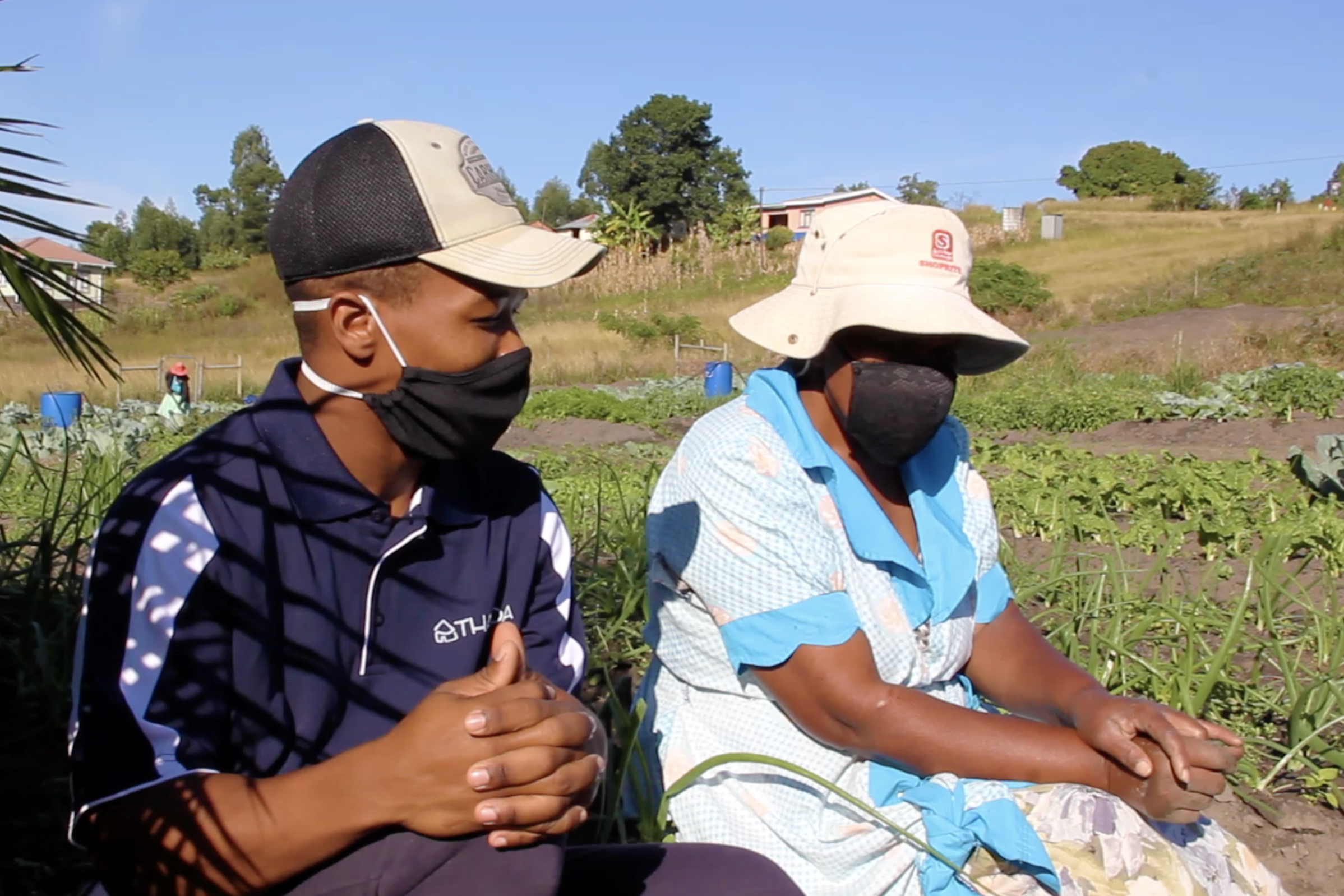
Small scale farming became so attractive during this time that younger members of the community, previously dead-set on heading to the big city for “promised opportunity,” started completely re-think their plans. Instead of venturing into the city, some of them have chosen to stay in the community while others have returned home from their fruitless corporate job searches, to learn and hone their agricultural skills. They see the value in being able to produce their own food from seed to table especially in a time where the economic landscape is so volatile and job opportunities within the industries for which they might have earned their certificates or diplomas are so scarce. As a result of this, we saw a 44% increase in the number of youth farmer participants in 2020 and their energy and passion has been truly felt.
Our Organic Farming Initiative’s expansion did not stop there!
Thanda introduced a Household Gardens Programme too! Members of the community who do not have the capacity/inclination to tend to a full farm plot (as with our Nisela Programme) but seek the security of being able to grow their own food to keep their family fed are assigned mentors to help teach them how to use small areas of land at their homes, as mini-farm plots. They tend to their crops daily and their mentor visits them at their garden regularly to give advice and help trouble-shoot any issues they may be experiencing. The result is a constant supply of nutrient-rich vegetables right in their backyard, reduced stress when funds start getting thin at the end of the month and full happy tummies!
Because food expenditures can account for more than half of total household income for some households, subsistence farming on small plots as part of the Household Garden project plays an important role in reducing the vulnerability of these households while also improving livelihoods as they are able to spend their income on other necessities.
Whether farming larger farm plots or smaller backyard gardens, the benefits of growing one’s own organic food are abundantly clear and, as participants hone their skills, we look forward to witnessing the positive trajectory of farming in our community and with it, the elimination of food insecurity as well as the compounding of the myriad additional benefits that go along with it. (end)
